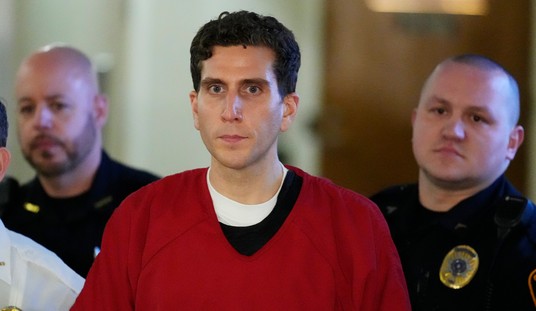The Supreme Court of the United States recently heard arguments in a case concerning gender transitioning for children, with the central issue being whether it is unconstitutional to deny boys and girls access to the same medications typically prescribed for the opposite gender.
On Wednesday, the Supreme Court heard arguments in United States v. Skrmetti, which could become one of the most significant rulings of the term. The key issue is whether a Tennessee law banning gender-affirming care for minors violates the Equal Protection Clause of the Constitution. The Court’s decision could have broad implications for similar laws nationwide—the state’s Senate Bill I prohibits gender-affirming medical treatments for minors.
In March 2023, Tennessee Gov. Bill Lee (R-Tenn.) signed the bill into law that protects children from physical and chemical castration. The law also bans medical professionals from providing puberty blockers, hormone therapy, and gender-affirming care, including surgeries, to individuals under 18 years old. It allows parents to sue healthcare providers if they violate it and imposes a $25,000 fine per infraction.
After the law went into effect, three transgender minors, their parents, and a Tennessee doctor filed a lawsuit against the state. They argued that the bill infringes upon the Equal Protection Clause. As a result, a district court temporarily halted the law’s enforcement. However, the U.S. Court of Appeals for the Sixth Circuit reversed the decision and ruled that the law has grounds to stay in place.
While protestors chanted outside the U.S. Supreme Court, justices heard arguments for nearly three hours from attorneys for the state of Tennessee, the Department of Justice, and the American Civil Liberties Union (ACLU).
Recommended
Justice Sonia Sotomayer compared the side effects of giving aspirin to invasive, life-alternating gender-affirming surgeries for minors during oral arguments.
“Every medical treatment has a risk, even taking aspirin," Sotomayor said. "There's always going to be a percentage of the population under any medical treatment that's going to suffer a harm. So, the question in my mind is not, 'do policymakers decide whether one person's life is more valuable than the millions of others who get relief from this treatment?’"
On behalf of the Biden-Harris Administration, U.S. Solicitor General Elizabeth Prelogar asked the higher court to classify the state’s law as “sex-based” and then send the case back to the lower courts so it could request an “intermediate scrutiny” review test. However, Supreme Court Justice Brett Kavanaugh argued that the case would end up right back at the Supreme Court regardless.
Tennessee Solicitor General Matthew Rice defended his state’s law of banning minors from getting mutilated, arguing that other countries stay out of such interventions because of the procedure’s irreversible and grave consequences.
The Supreme Court’s decision will likely not be issued until June.


